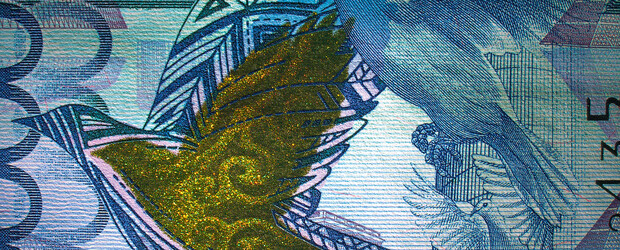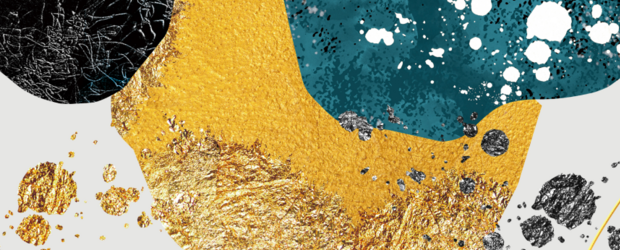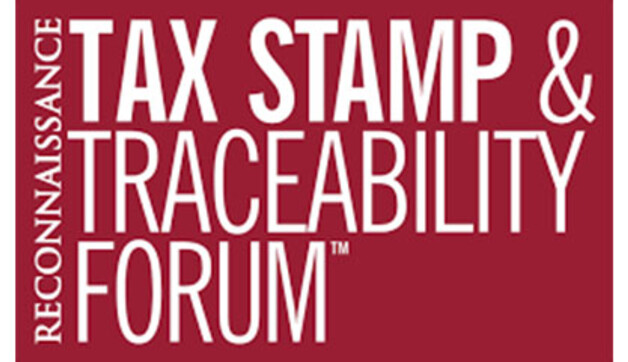
A Platform
for Sovereignty
Best known for protecting the majority of the world's banknotes, today our solutions are run on a state-of-the-art material and digital platform and cover mainly revenue mobilisation, healthcare security, brand protection and identity verification.
Every day, governments, companies and millions of citizens rely on our expertise.

A long-trusted partner and a market leader.
During our first century in business, we served our customers throughout unprecedented prosperity as well as through periods of war, financial crises, and geopolitical uncertainty.
This was made possible thanks to our commitment to the sovereign vantage point and our unwavering focus on innovation, consistently anticipating the next generation of challenges facing the nations.
In an era marked by enhanced geopolitical and technological change we believe the need for readiness is now more pressing than ever. It is crucial for our customers to have adequate systems in place with authenticated and real time data that will empower them to remain agile and take informed strategic decisions.
That is why we remain committed to constantly advancing our platform for sovereignty, drawing on almost one hundred years’ experience to ensure our customers are equally prepared for the century ahead.
A positive impact.
SICPA aims to integrate sustainability in its business and operations, continuously enhancing its environmental and social performance. We positively contribute to society in line with our purpose of Enabling Trust.
Diversity is a reality.
Working closely with our customers.
Join us.
Careers
Building solutions that contribute to a safer and more secure world for all. If you care to create transparency and trust where it matters the most, SICPA is the right place for you. Feel free to apply to one of our open positions all around the world.









